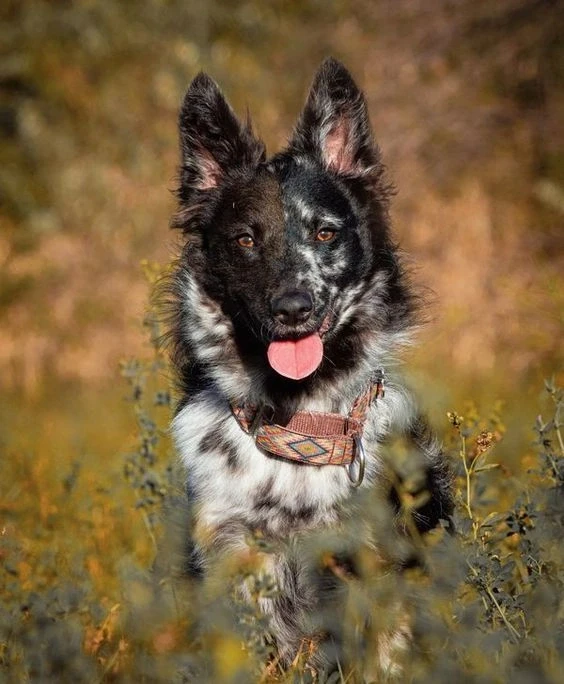
Mudi
About
The Mudi is a loyal, intelligent, and energetic breed that excels as both a working dog and a family companion. With their adaptability, sharp mind, and affectionate nature, Mudik thrive in homes where they receive ample mental and physical stimulation. Their versatility, trainability, and protective instincts make them a cherished companion for active families or individuals who appreciate their lively and devoted personality.
 Breed Size
Breed Size
-
Weight (Male)
8-13 kg
-
Weight (Female)
8-13 kg
-
Height (Male)
39-47 sm
-
Height (Female)
39-47 sm
 Coat
Coat
-
Fur Type
Curly
-
Color
One color
 Care
Care
-
Walk
>45 minutes/day
-
Breed group
Miscellaneous Class
-
Breed Size
M
-
Demeanor category
Reserved with Strangers
 Breed Traits
Breed Traits
-
Barking
-
Good with young children
-
Drooling
-
Energy level value
-
Grooming frequency value
-
Good with other dogs
-
Trainability
 Breeds Club Recognition
Breeds Club Recognition
-
Trainability Category
>Eager to Please
-
Temperament
>Loyal, Intelligent, Active
Description
The Mudi is a medium-sized herding dog, originally bred in Hungary in the 19th century for driving livestock and farm work. This breed descends from Hungarian sheepdogs, resulting in an intelligent, energetic, and highly adaptable companion.
- Origin: Hungary, developed for herding and farm work.
- Smart and trainable: Quick learner with strong problem-solving skills.
- Loyal and protective: Forms deep bonds with its family and flock.
- Energetic and agile: Requires daily exercise and mental stimulation.
- Wavy or curly coat: Weather-resistant and low maintenance but sheds seasonally.
The Mudi is a devoted and hardworking companion, excelling in herding, obedience, and agility. With proper training and early socialization, they become well-mannered, affectionate pets suited for active and experienced owners.
